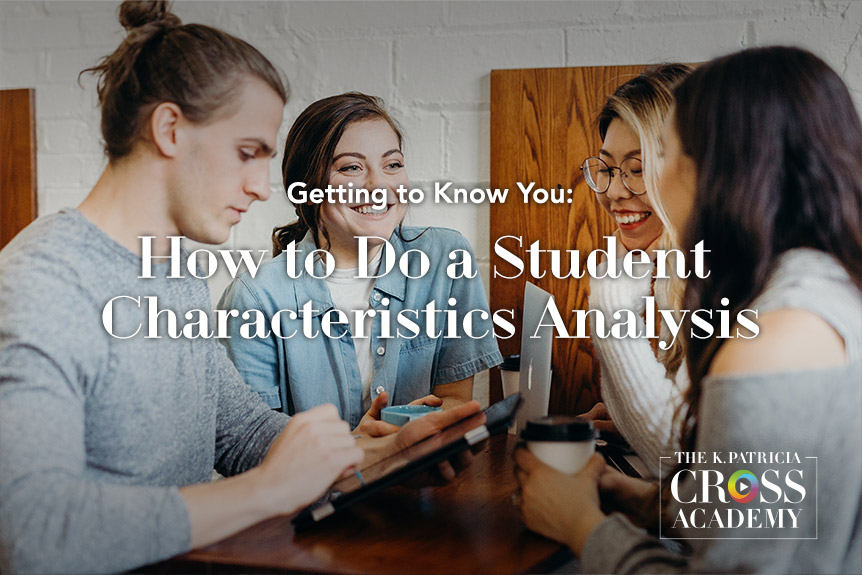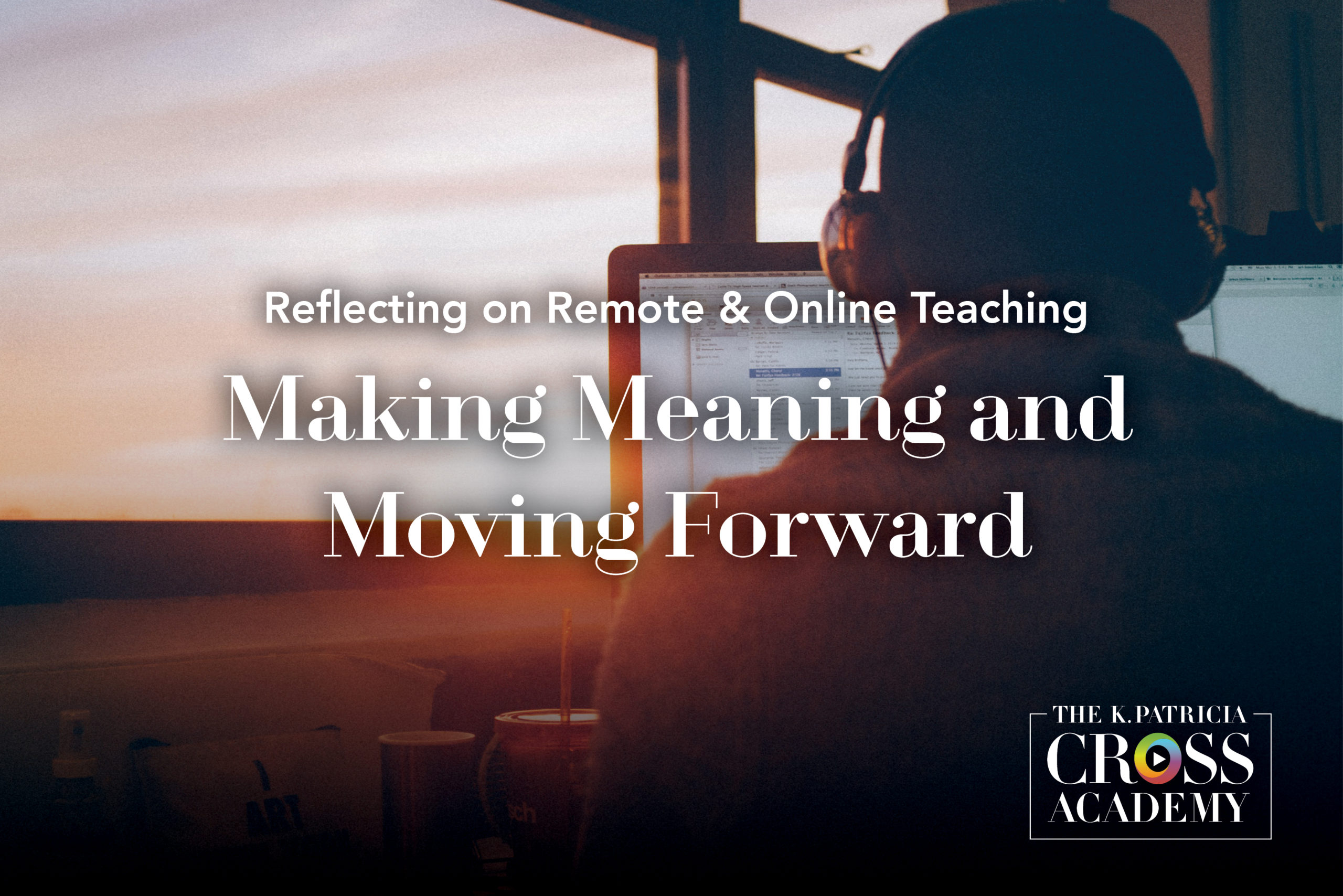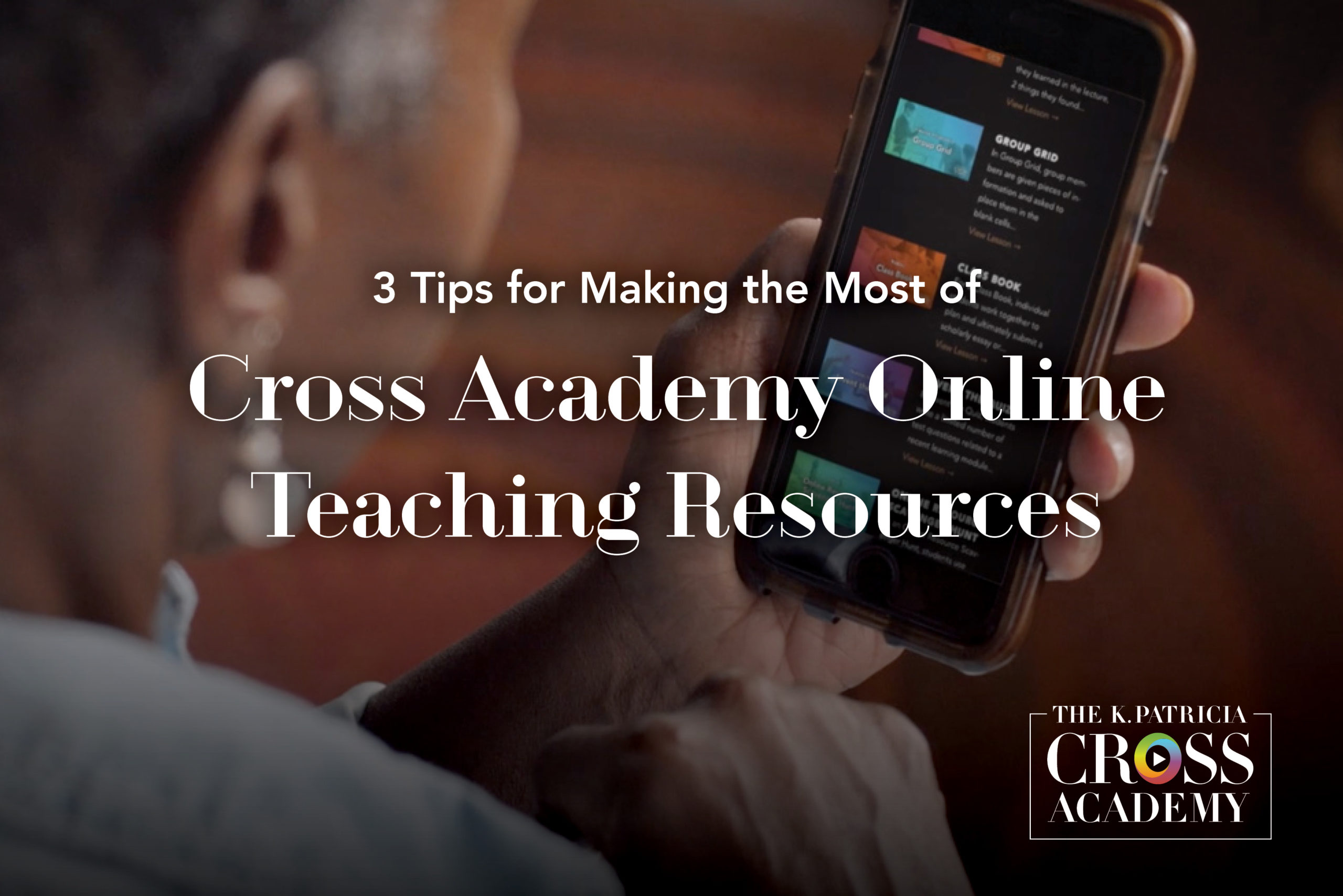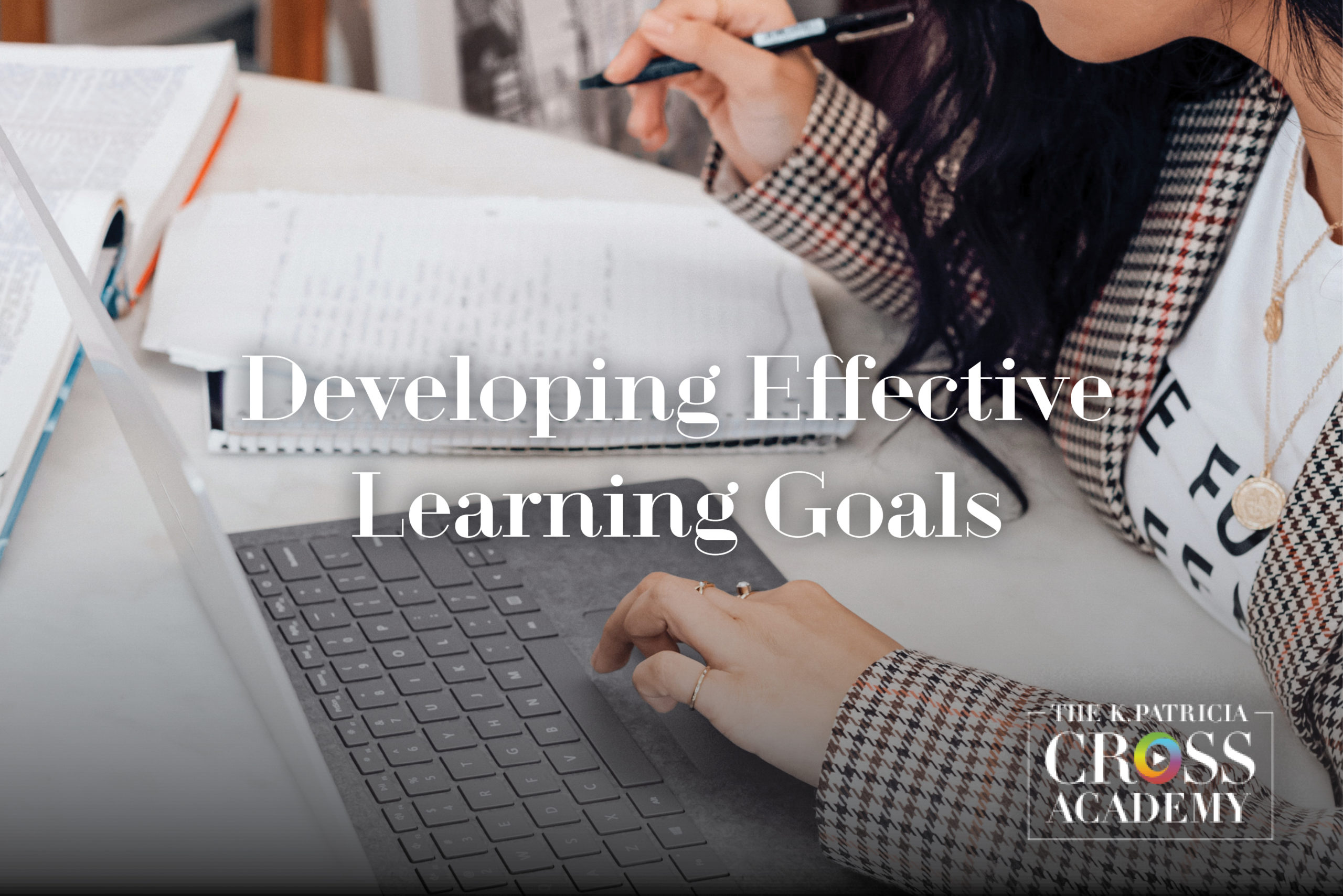CrossCurrents Library
CrossCurrents is an electronic publication that offers articles on a wide range of topics related to teaching and learning in higher education. Through engaging content that encourages exploration and reflection on best practices, innovative pedagogies, and emerging trends in higher education, we try to help college teachers successfully navigate the challenges they face in today’s complex classroom.
Featured Collections
Topics

Just as effective public speakers acknowledge the importance of knowing their audience, so do effective college teachers understand the importance of knowing essential characteristics about their students. Students’ intellectual, social, and emotional traits influence the effectiveness and efficiency of their learning. Understanding these characteristics helps ensure a good fit between what you are trying to teach and what students are

For years we have acknowledged that college teaching has gotten tougher, but the abrupt shift to remote teaching in response to the COVID-19 pandemic presented instructors with even more challenges. As colleges and universities struggled to deal with the crisis in the spring of 2020, some professors had only a week’s or even a weekends’ notice to restructure their classes

It’s been said that the best tool is the one you actually have with you, but how useful that tool is really comes down to whether or not you know best how to use it. Bearing that in mind, this post is aimed at helping you best utilize the online teaching resources provided by the K. Patricia Cross Academy. Video

Much of the literature about teaching and learning stresses that teachers should articulate their learning goals as well as their objectives and outcomes. Learning goals allow you and your students to focus on what they are supposed to learn. When learning goals are explicit, they will guide students’ decisions on where to focus effort as well as to illuminate what

“Learning never exhausts the mind.” –Leonardo da Vinci The question of how people learn has intrigued generations of scholars. It is perhaps no surprise then that many different theories about individual learning exist. Some of these theories stem from a behaviorist perspective, a view that suggests that learning can best be explained in terms of conditioning. Some of the theories